Publications
Articles, publications, books, tools and multimedia features from the U.S. Institute of Peace provide the latest news, analysis, research findings, practitioner guides and reports, all related to the conflict zones and issues that are at the center of the Institute’s work to prevent and reduce violent conflict.
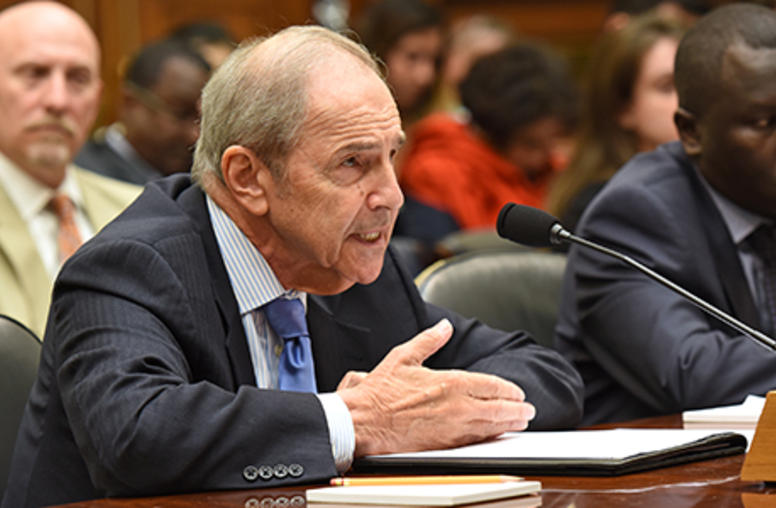
The Growing Crisis in South Sudan
Princeton N. Lyman, senior advisor to the president at USIP, testifies before the House Foreign Affairs Subcommittee on Africa, Global Health, Global Human Rights and International Organization.
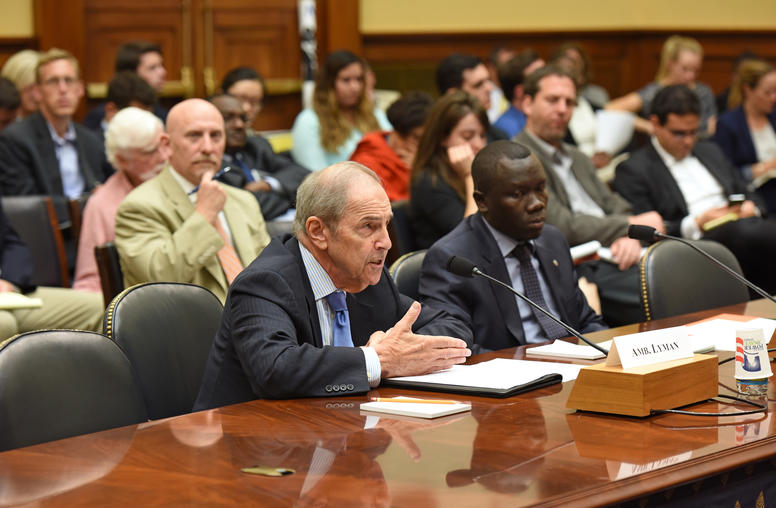
South Sudan War Calls for Firm Intervention, Lyman Says
A peace plan for South Sudan that was intended to end three years of fighting in the world’s newest nation has failed largely because it “depends on the cooperation of the very antagonists who brought about the current civil war,” former U.S. Special Envoy to Sudan and South Sudan Princeton Lyman told a House Foreign Affairs subcommittee today.
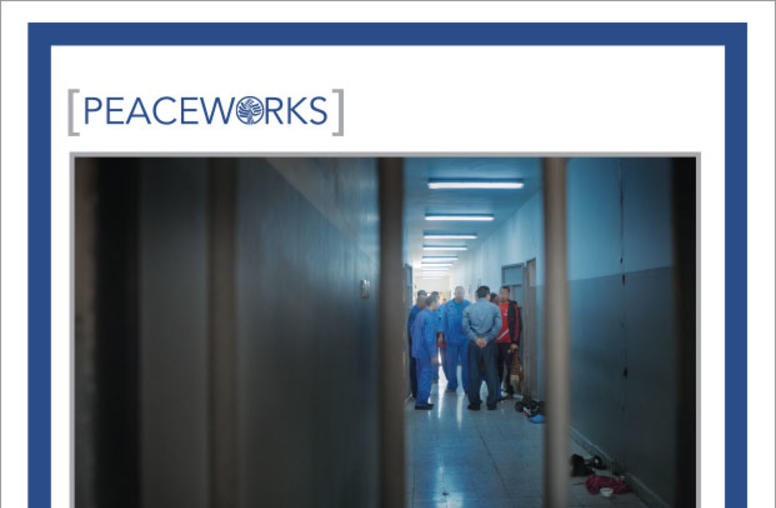
Prisons and Detention in Libya (Arabic)
التقرير الماثل هو عصارة استبيانين أُجْرِيا في ليبيا خلال عامي 2014 و2016. والغاية منه سَبْرُ أغوار القطاع الديني في ليبيا ورصد تأثيره في الحكم والمجتمع. وقد استندت عملية استخلاص نتائج هذا التقرير إلى
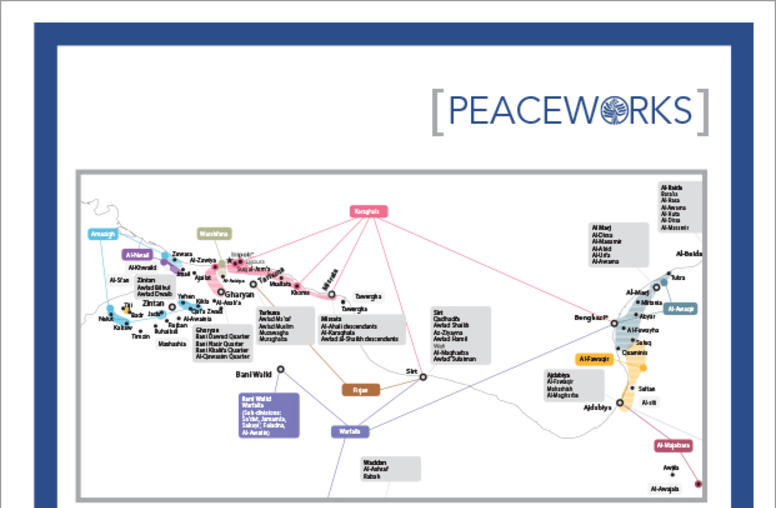
Tribe, Security, Justice and Peace in Libya Today
After the 2011 revolution in Libya that toppled Gadhafi and destroyed many state institutions, tribes and armed groups stepped in to fill the vacuum. The trend increased after the collapse of central state security in 2014. This report examines the renewed role of tribes as guarantors of social stability and providers of security and justice services in the country during the period and today.
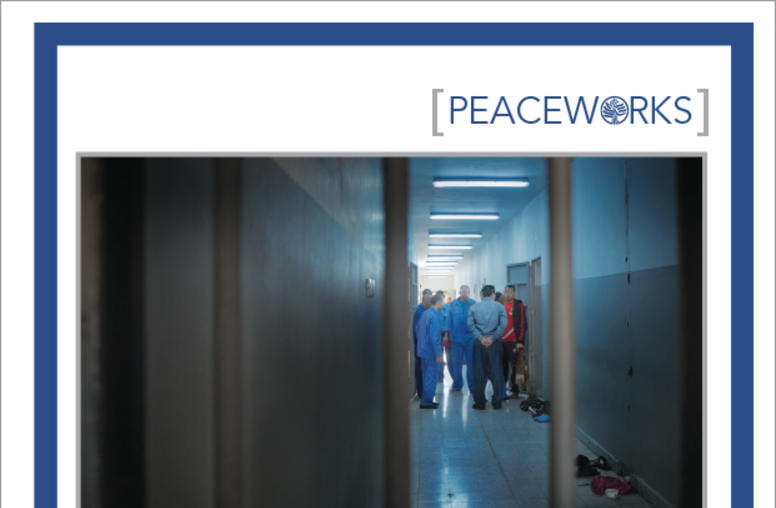
Prisons and Detention in Libya
This report examines the prison system in Libya. With the permission of the Libyan Ministry of Justice and Judicial Police, United States Institute of Peace (USIP) research teams conducted two assessments of the Libyan prison system, visiting detention facilities throughout the country in 2012 and again in 2015–16 to evaluate organizational function, security, infrastructure, and prisoner well-being. This report combines and compares the findings of the two assessments, discussing the broader...
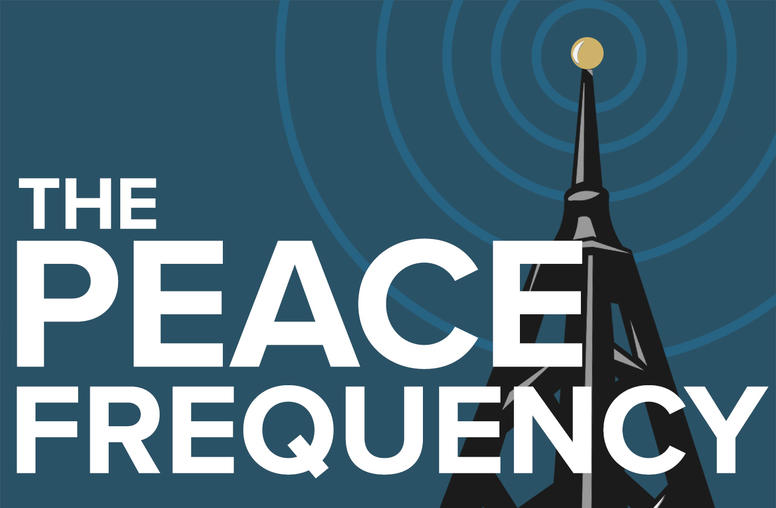
Episode 39 - Illana Lancaster
As part of USIP's 60 days of engagement around the intersections between youth, gender and peace, in this episode of the Peace Frequency we speak with Dr. Illana Lancaster about creating inclusive classrooms. Illana holds a master’s degree in secondary education and a PhD in international education policy. Her 2008 dissertation explored the role of race, class, and gender in school-related violence in secondary schools in Johannesburg, South Africa. She is a senior program officer in the USIP Academy where she specializes in curriculum and training design and delivery, trainer development and university partnerships. Illana discusses her experience as an educator and why inclusive education is critical to building more peaceful societies. She offers techniques and strategies for applying a gender lens in the classroom and answers incoming questions from the audience.
Corruption’s Conflict Risk Calls for Tight Coordination
From the Panama Papers to an op-ed by Secretary of State John Kerry to a hearing in the U.S. Senate, signs are growing that the U.S. is beginning to understand the threat that widespread corruption po
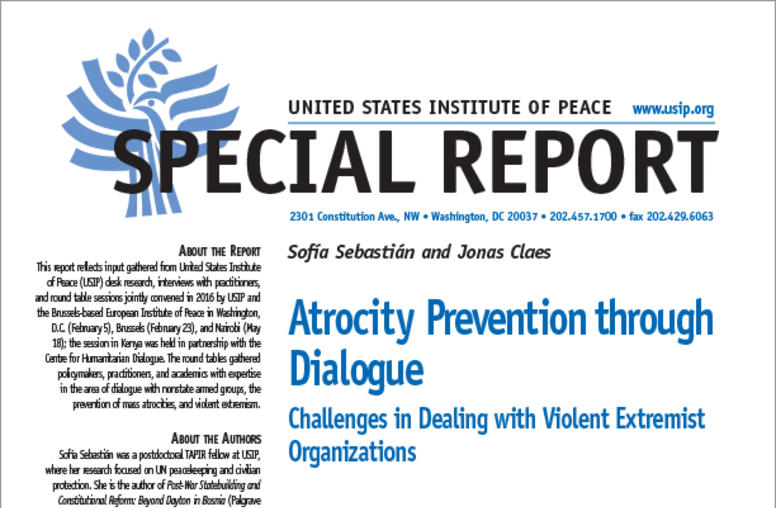
Atrocity Prevention through Dialogue
Dialogue with violent extremist groups is a controversial practice, even when used to prevent widespread violence or atrocities. Humanitarian dialogue may serve as a crisis-mitigation instrument, offering short-term relief and civilian protection. When the risk of atrocities is remote, political dialogue can be used for structural or upstream prevention aimed at conflict resolution or addressing community grievances. Though dialogue as a peacebuilding tool has potential in any stage of a conf...

Policing Libya: Form And Function Of Policing Since The 2011 Revolution
This report examines the different directions that policing in Libya has taken since the fall of Gadhafi in 2011. Using two cities, Tobruk and Sabha, as representative case studies, the report examines how competing and overlapping groups have assumed policing functions and traces the social and political inclinations of those groups. Acknowledging that local variation prevents countrywide generalization, the report identifies features and tendencies of the Libyan landscape that are relevant ...
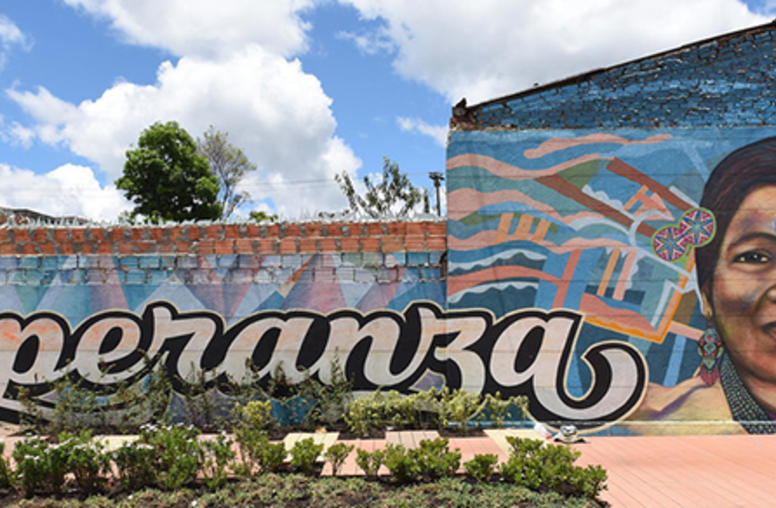
Q&A: Colombia Peace Deal Announced — What’s Next?
After 52 years of armed conflict, the Colombian government and the country’s oldest rebel group, the Revolutionary Armed Forces of Colombia (FARC-EP), announced a final agreement last night aimed at ending one of the world’s longest-lasting insurgencies. The U.S. Institute of Peace’s Virginia M. “Ginny” Bouvier, who has studied the peace process from the outset and advised Colombian government officials, civil society and others promoting a political solution to the conflict, comments on the ...